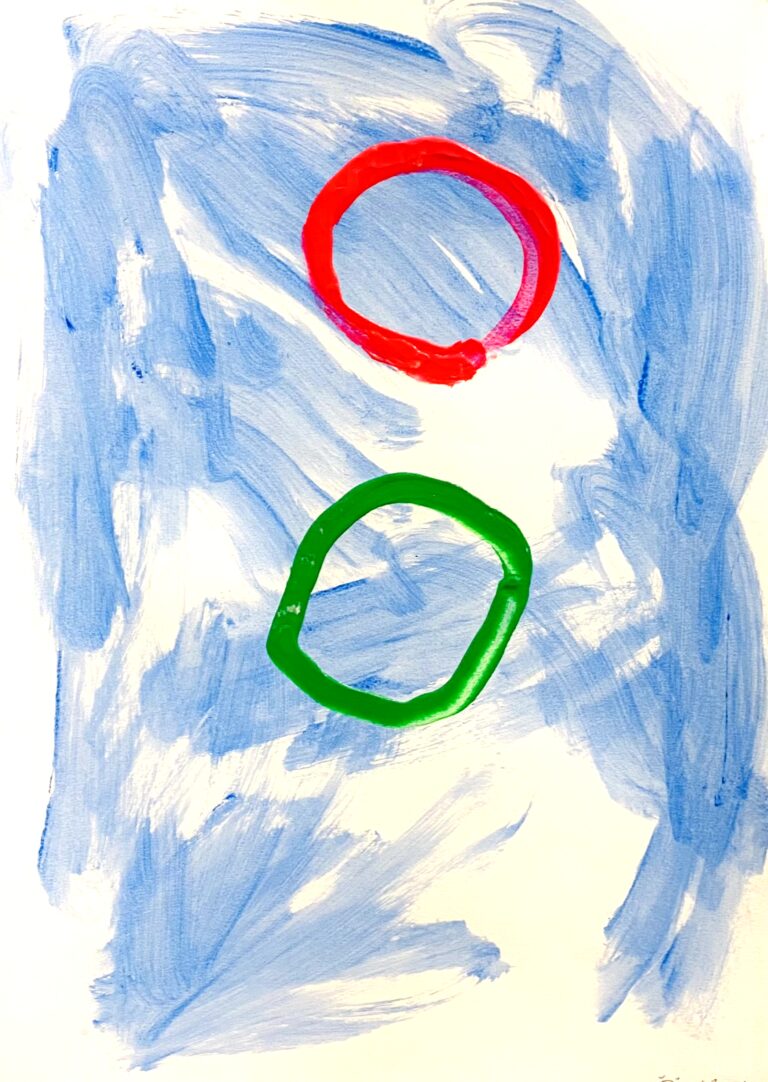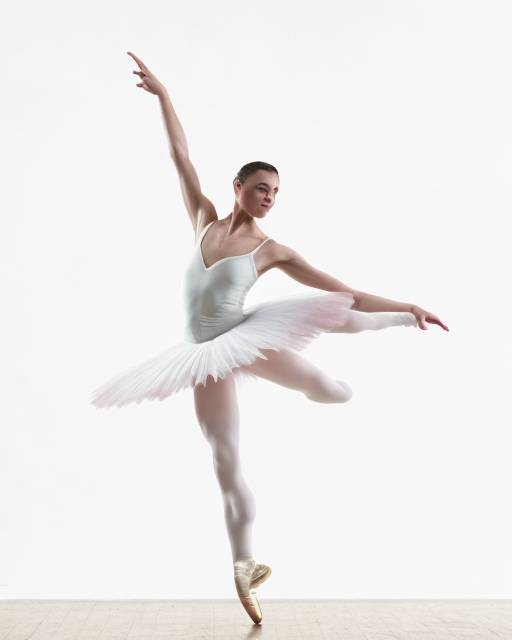It’s a humble Catholic prayer, with a simple but incredibly moving tune by Franz Schubert. But who has performed ‘Ave Maria’ and what are the lyrics?
Despite being one of the world’s favourite settings of ‘Ave Maria’, Schubert never actually wrote a piece called ‘Ave Maria’.
Schubert’s music was actually called ‘Ellens dritter Gesang’, which translates as ‘Ellen’s Third Song’. He wrote it in 1825, aged 28, to the words of Sir Walter Scott’s epic poem The Lady of the Lake. The song does contain the words ‘Ave Maria’, but only in reference to the prayer itself.
Now one of Schubert’s most popular works, ‘Ave Maria’ has been recorded by numerous artists, with lyrics that largely differ from the original poem.
Andrea Bocelli, Maria Callas and Celine Dion have all recorded beautiful versions, as has the inimitable Luciano Pavarotti.
What are the lyrics to ‘Ave Maria’?

Ave Maria
Gratia plena
Maria, gratia plena
Maria, gratia plena
Ave, ave dominus
Dominus tecum
Benedicta tu in mulieribus
Et benedictus
Et benedictus fructus ventris
Ventris tuae, Jesus.
Ave Maria
Ave Maria
Mater Dei
Ora pro nobis peccatoribus
Ora pro nobis
Ora, ora pro nobis peccatoribus
Nunc et in hora mortis
Et in hora mortis nostrae
Et in hora mortis nostrae
Et in hora mortis nostrae
Ave Maria
What do the lyrics mean in English?
Hail Mary, full of grace,
Mary, full of grace,
Mary, full of grace,
Hail, Hail, the Lord.
The Lord is with thee.
Blessed art thou among women, and blessed,
Blessed is the fruit of thy womb,
Thy womb, Jesus.
Hail Mary!
Hail Mary, Mother of God,
Pray for us sinners,
Pray, pray for us;
Pray, pray for us sinners,
Now and at the hour of our death,
The hour of our death
The hour of our death,
The hour of our death
Hail Mary.
“Ave Maria” is a much-recorded aria, composed by Vladimir Vavilov around 1970. Vavilov himself published and recorded it in 1970 on the Melodiyalabel with the ascription “Anonymous“. It is believed that organist Mark Shakhin, one of the performers on the “Melodiya” LP, first ascribed the work to Giulio Caccini after Vavilov’s death, and gave the “newly-discovered scores” to other musicians. The organist Oleg Yanchenko then made an arrangement of the aria for a recording by Irina Arkhipova in 1987, after which the piece came to be famous worldwide.[1][2][3]



